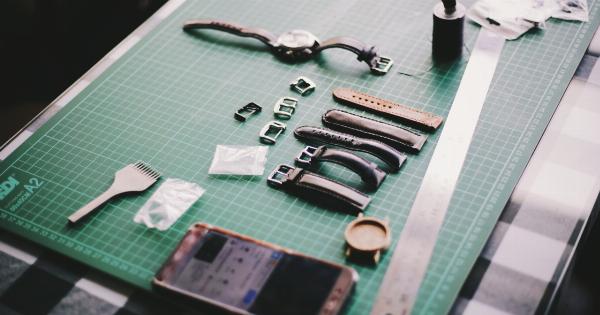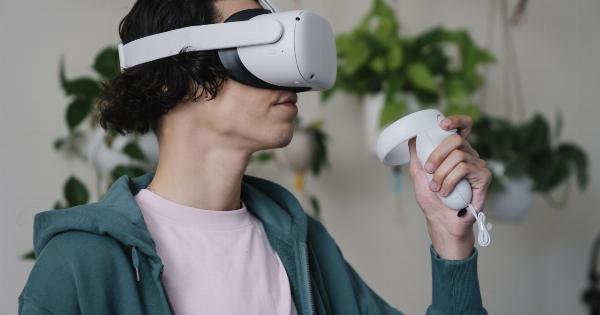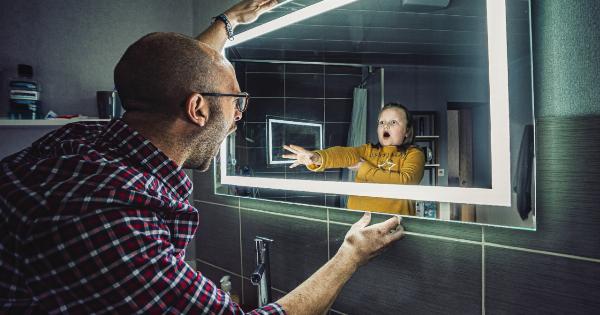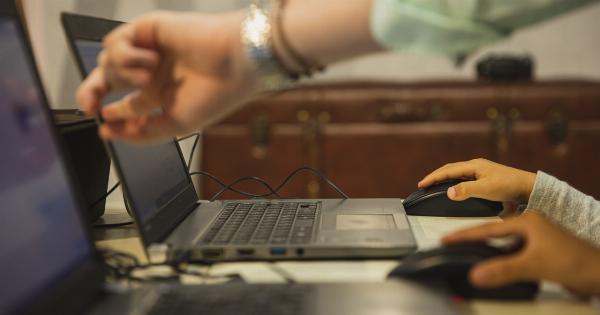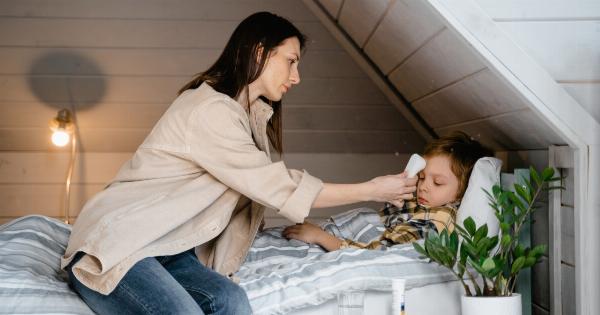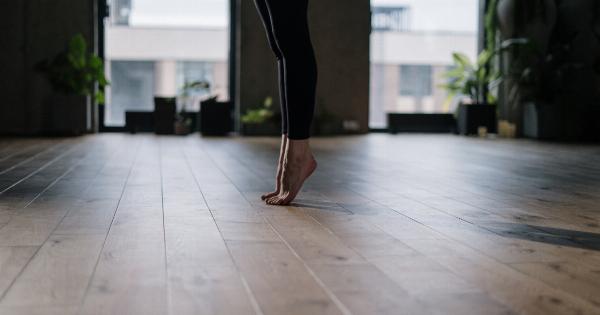Have you ever found yourself lost in the loo, wandering aimlessly in search of the way out? It’s a common predicament, but have you ever stopped to consider why it happens? In this article, we’ll explore the surprising truth behind why getting lost in the loo is so common, and what you can do to avoid it.
The Science of Spatial Awareness
One of the main reasons we get lost in the loo is due to our brain’s ability to map out our surroundings. This skill, known as spatial awareness, is what helps us understand where we are in relation to the world around us.
However, spatial awareness is not always perfect – in fact, it can be influenced by a number of factors.
For example, if you’re in a room with a lot of similar-looking doors, your brain may struggle to distinguish between them. This can make it difficult to remember which door you came in through, leading to confusion and a sense of being lost.
Mental Load and Decision Fatigue
Another reason we may struggle to find our way out of the loo is due to mental load and decision fatigue.
These are both mental states that occur when we are faced with too many choices or decisions to make – something that is all too common in modern life.
When we experience decision fatigue, our ability to make good choices is impaired. This can make it difficult to remember which way we came in, or which direction we need to go to get out of the loo.
Additionally, mental load can make it harder for our brain to keep track of our surroundings, leading to a sense of being lost.
Design Flaws in Bathrooms
Finally, it’s worth considering the design of bathrooms themselves. Many bathrooms are poorly designed, with confusing layouts and inadequate signage. This can make it difficult to navigate the space, and increase the risk of getting lost.
Additionally, many bathrooms are poorly lit, which can make it harder to see and navigate the space. This is especially true for people with visual impairments, who may struggle even more to find their way out of the loo.
Tips for Avoiding the Loo Lost Syndrome
So, what can you do to avoid getting lost in the loo? Here are a few tips:.
Pay Attention to Your Surroundings
When you enter a bathroom, take note of your surroundings. Pay attention to the layout of the space, the location of the doors, and any significant landmarks (such as a large mirror or a distinctive sink).
Look for Signs
If the bathroom has adequate signage, look for signs that point you in the direction of the exits. If there are no signs, consider suggesting to the building management that they add some.
Light the Way
If the bathroom is poorly lit, consider bringing a small flashlight with you. This can help illuminate the space and make it easier to navigate.
Use Your Phone
Most smartphones have a compass and a map function – use these tools to help you find your way out of the loo.
Take Your Time
If you do find yourself feeling lost, take your time and don’t panic. Take a deep breath, retrace your steps, and try to reorient yourself.
The Surprising Benefits of Getting Lost in the Loo
While getting lost in the loo can be frustrating, there are actually some surprising benefits to the experience.
For one, it can be a great exercise in mindfulness – forcing you to pay closer attention to your surroundings and stay focused in the moment.
Additionally, getting lost in the loo can be an opportunity to practice problem-solving skills and creativity.
By thinking outside the box and coming up with new solutions to navigate the space, you may be able to improve your mental agility and boost your problem-solving abilities.
Conclusion
While getting lost in the loo can be frustrating, it’s also a common experience that has a number of surprising underlying causes.
By paying attention to our surroundings, staying calm, and using tools like our smartphones, we can avoid feeling lost and confused in the loo. And who knows – maybe the next time we get lost, we’ll discover some new benefits to the experience.






